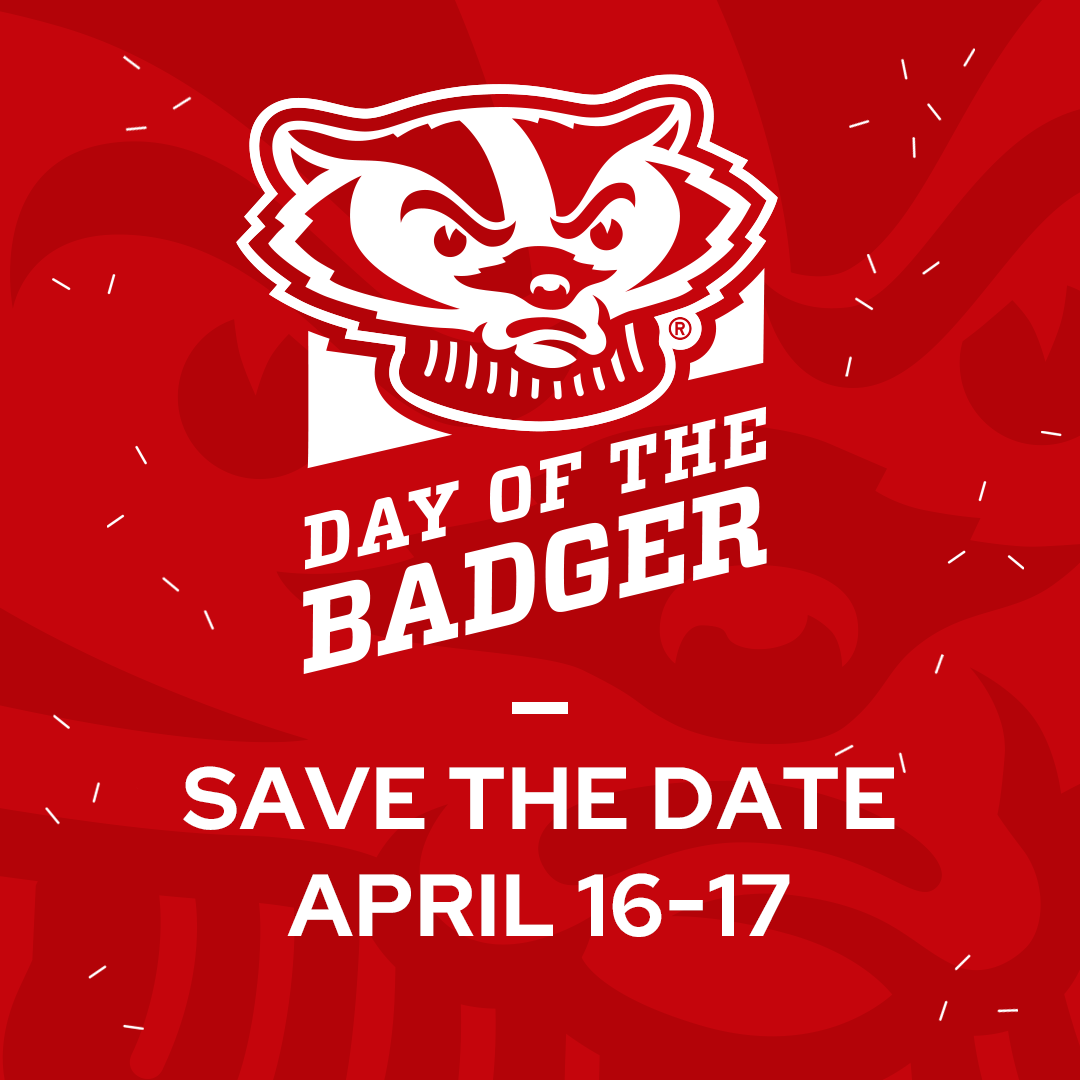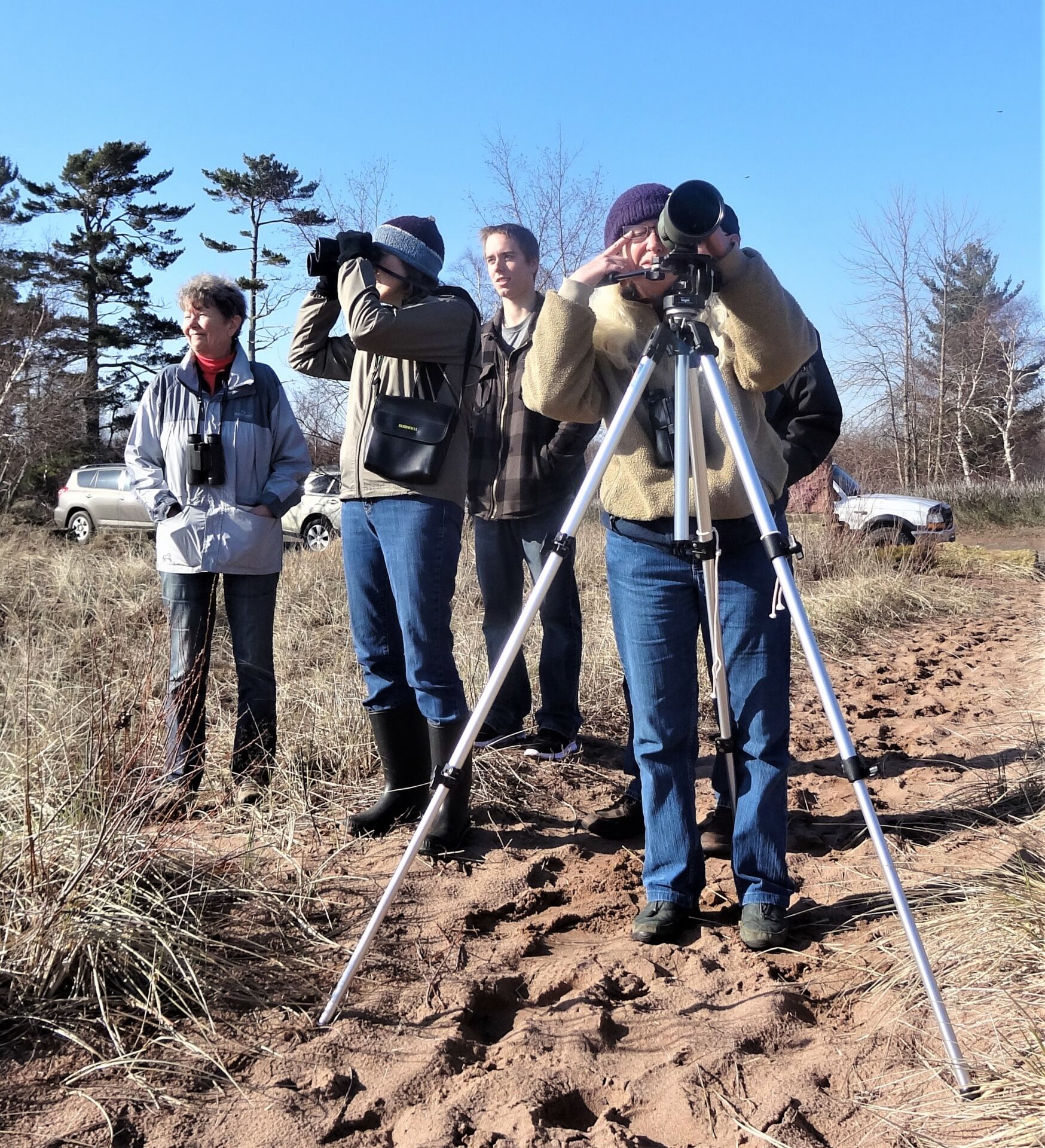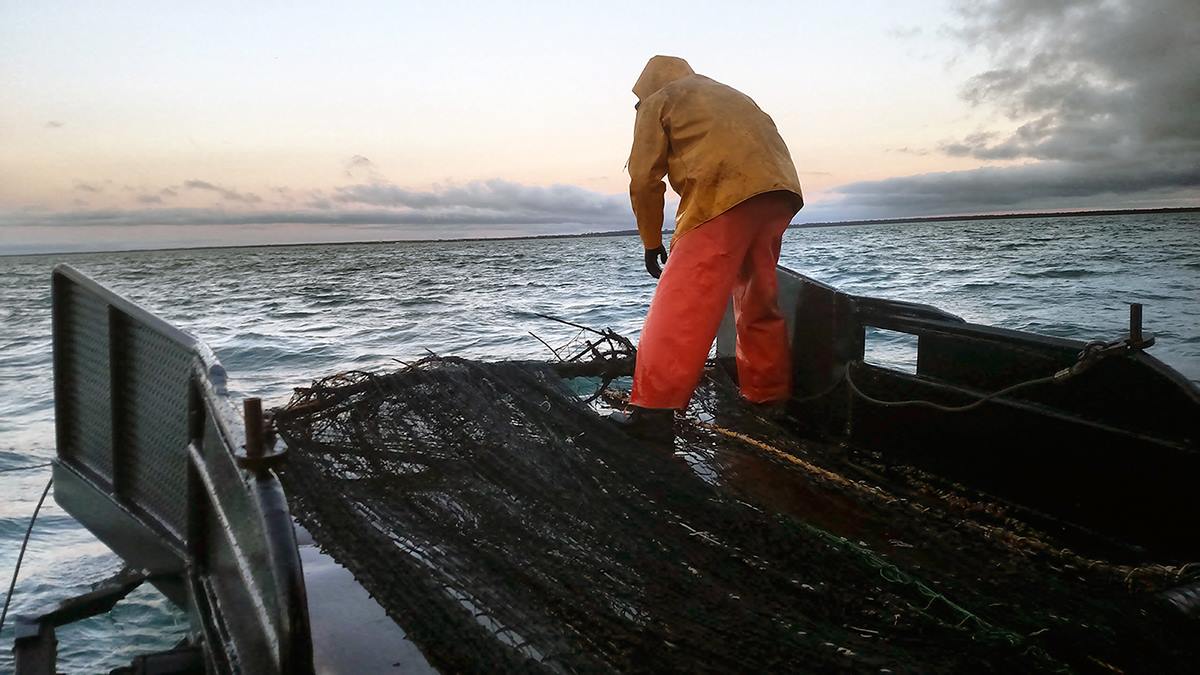Freshwater aquaculture—the growing of fish and seafood on controlled farms—is one of the fastest-growing food trends of the modern era and is a knowledge process that should provide jobs, sustainable food and biosecurity for the United States in the 21st century. From urban-based aquaponics operations that grow both fish and vegetables in concert to mass-scale aquaculture farms that use rows of tanks to grow enough freshwater fish to serve the fin fish and seafood needs of major cities, what began as a modest hobby to supplement Renaissance-era food supply has become a story-worthy food-production phenomenon.
To help put it all in perspective, Chris Bocast, audio specialist with Wisconsin Sea Grant, has produced a 14-part series that traces the origins of aquaculture, examines its historical and modern advantages and challenges, and even provides some primers on how to set up an aquaculture operation.
This is a story that begins in imperial China and medieval Europe. The series traces the origins and development of aquaculture and aquaponics through the Industrial Revolution and into the 20th century. Later episodes take the listener behind the scenes of today’s industrial-scale aquaculture operations, such as Indiana’s Bell Aquaculture.
Experts in the field, including UW Sea Grant Aquaculture Specialist Fred Binkowski, UW-Stevens Point Professor Chris Hartleb, UW Outreach Specialist Jim Held, UW Sea Grant Director Jim Hurley and Growing Power’s Will Allen all provide key information and share interesting stories about aquaculture as it pertains to the Great Lakes region.
Other episodes examine the factors that contributed to the crash of the Great Lakes yellow perch population in the 1970s and feature interviews with fishmongers behind the seafood counters of some of the stores in the state that retail aquacultural products.Two videos shot by Wisconsin Sea Grant videographer John Karl are incorporated into the series to provide visual impact as well.
The audio portion series can also be downloaded free of charge in the audio section of Wisconsin Sea Grant’s website. For the complete series, including the video episodes, visit the University of Wisconsin-Madison iTunes U. That is also a free download.





